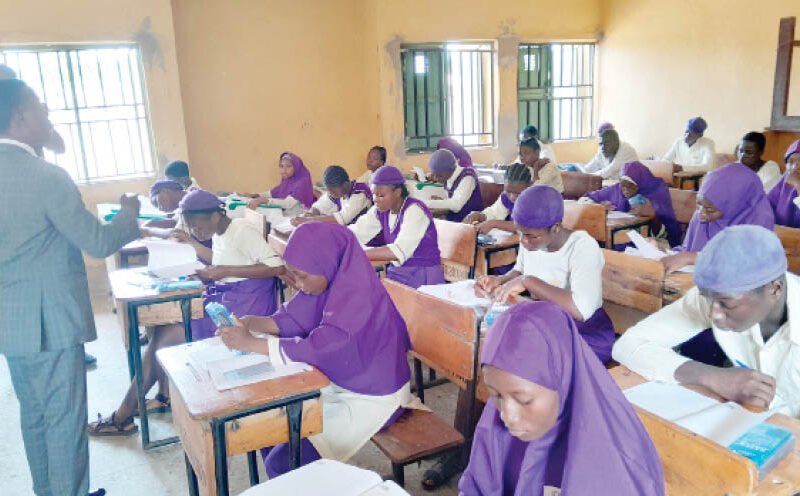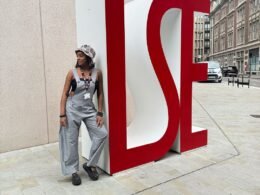“I don’t believe summer school is important because schools in Nigeria give students assignments during summer school instead of teaching them new things and new skills. That is not how summer school is supposed to be. I will never attend it,” said 16-year-old student Nnamdi Sean Enwemadu.
Another student, Joy Emmanuel, shared similar sentiments. She revealed that she would not be attending holiday classes this year due to disappointing experiences in previous sessions. “I didn’t achieve much in the past ones I attended. Most times, we played and did little learning. This time, my mother said she cannot afford extra expenses because of the current economic situation. She prefers I help her with her business and read at my leisure,” she explained.
Joy also mentioned that teachers often used the holiday period to continue the regular curriculum instead of introducing new content. “Students need to rest during the holiday to function properly when school resumes,” she added.
Parental Concerns and Economic Factors
The concept of summer school, a period of short-term education outside the regular school term, has long been part of the education system. However, with global changes in education emphasizing technology and other skills, many schools—especially private ones—have introduced new learning opportunities. These, however, come at a cost.
Several parents have expressed concerns about the affordability of summer classes. Abdulhamid Yunus decided against enrolling his children in holiday classes this year, citing both the high cost and the need for his children to rest. “Every day, the children go to school, do assignments, and attend extra classes. They need some rest from all this stress,” he said.
Victoria Julius also chose not to enroll her children due to financial constraints. “We need to prioritize basic needs like food over paying for holiday classes. My children previously attended lessons but mostly played and learned very little,” she said.
Sydney Ogriga faced a similar situation, noting that his children’s summer classes were postponed, possibly due to low enrollment. He attributed this to the economic hardship affecting many families, which has led parents to prefer using their limited funds for basic necessities rather than educational extras.
Another parent, who wished to remain anonymous, criticized the high fees for summer classes focused on skills like bead making and swimming. “The costs are outrageous. For example, it’s N40,000 for one day’s swimming training and N12,000 for bead making. I opted for the more affordable option,” she said.
Educational Institutions’ Response
The proprietor of a private school in Abuja explained that high fees are due to bringing in external instructors for specialized skills. He noted that many parents are struggling financially, which has impacted enrollment.
Yussuff Oriyomi, Chairman of Voyage International Schools in Abuja, described their summer program as distinct from regular classes, focusing on Qur’an memorization, swimming, football, and martial arts. He noted that despite the economic challenges, the turnout for their program has met expectations, as parents seek productive ways to engage their children.
Expert Opinion on Summer School
Hanatu A. Enwemadu Esq, a child and family wellbeing advocate, emphasized the importance of balancing academic pursuits with rest and exploration during summer. “Unstructured play, new experiences, and laughter are essential components of a fulfilling summer. It’s a time for children to reconnect with nature, develop social skills, and simply be kids,” she said. She encouraged parents to create a stimulating yet relaxed environment, highlighting the value of summer in fostering curiosity and preparing children for their return to school.









